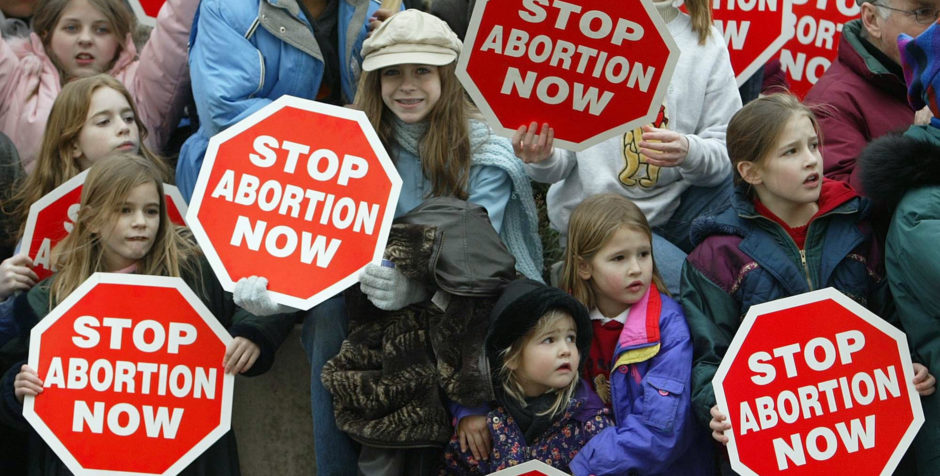Defending Pro-Life Speech at Supreme Court
Can the government compel pro-life pregnancy centers—facilities that offer abortion alternatives and support to women—to tell their clients that they might be able to get a free abortion, paid for by the state?
While the State of California says, yes, the First Amendment says, no.
As explained in more detail here, in October 2015, Governor Jerry Brown signed into law a requirement that pregnancy centers advise each and every one of their clients of the following information:
California has public programs that provide immediate free or low-cost access to comprehensive family planning services (including all FDA-approved methods of contraception), prenatal care, and abortion for eligible women. To determine whether you qualify, contact the county social services office at [insert the telephone number].
We filed suit before the law went into effect to defend the free speech rights of three pregnancy resource centers who oppose advertising that message.
In October of last year, one year after the law was adopted, the Ninth Circuit Court of Appeals upheld California’s law. It said that even though the law undeniably forced pro-life centers to say something they don’t want to say, it was a permissible regulation of so-called “professional speech” (a doctrine and category of speech that have never been adopted by the Supreme Court).
We filed a petition with the Supreme Court in March asking it to review that erroneous decision, and today we filed a brief replying to the California Attorney General’s arguments.
As we explain, the attorney general is wrong that the law’s speech mandate meets constitutional standards. Not only is it “a basic First Amendment principle that freedom of speech prohibits the government telling people what they must say,” the law goes far beyond anything that can be fairly characterized as “professional speech.”
The law is not a regulation instructing clinics how to administer a medical procedure, keep and maintain health records, or anything of the like. It compels pro-life centers to share California’s free abortion program to all clients, even if a client visits a clinic for a non-pregnancy related reason, and even though these centers are religiously opposed to, and therefore do not provide or refer for, abortions.
The speech compelled by the law is nothing more than a free advertisement for California’s “family planning” programs and, indeed, a free advertisement for abortion providers like Planned Parenthood. As explained yesterday here, Planned Parenthood is currently rolling in the dough. It doesn’t need California’s help to advertise its abortion services, especially where that help violates the free speech of others.
California’s law cannot be allowed to stand.
While states are free to advance their own pro-abortion agendas (even as morally wrong as those agendas are), they cannot do so in a way that tramples on the rights of opposing voices. So long as the subject of abortion remains an issue of public controversy and division, groups and individuals must be allowed to speak their own opinion on that issue, without interference by the state. Governmental coercion of private speech to skew public debate in its favor is a profound danger to any democratic system.
The Supreme Court will confer about our petition on June 22. It will then decide whether to take the case or reconsider the petition further. We will you keep you posted about that important decision.
